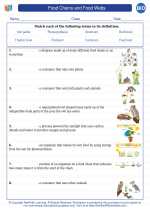The Muscular System
The muscular system is a complex network of tissues that enable movement, maintain posture, and circulate blood throughout the body. There are three main types of muscles in the human body: skeletal, smooth, and cardiac muscles.
Skeletal Muscles
Skeletal muscles are attached to the bones of the skeleton and are responsible for voluntary movement. They work in pairs, contracting and relaxing to move the body. These muscles are under conscious control and are involved in activities such as walking, running, and lifting objects.
Smooth Muscles
Smooth muscles are found in the walls of hollow organs such as the stomach, intestines, and blood vessels. They are responsible for involuntary movements such as peristalsis (the rhythmic contraction of the digestive system) and regulating the diameter of blood vessels.
Cardiac Muscle
Cardiac muscle is found only in the heart and is responsible for pumping blood throughout the body. It is involuntary and has unique properties that allow it to contract rhythmically without tiring.
Study Guide
- What are the three main types of muscles in the human body?
- Describe the function of skeletal muscles.
- Where are smooth muscles found in the body, and what are their functions?
- Which type of muscle is responsible for pumping blood throughout the body?
- How do skeletal muscles differ from smooth muscles in terms of conscious control?
[Muscular System] Related Worksheets and Study Guides:
.◂Biology Worksheets and Study Guides High School. Food Chains and Food Webs
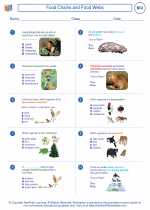
 Worksheet/Answer key
Worksheet/Answer key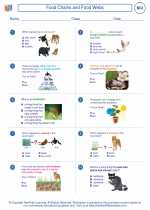
 Worksheet/Answer key
Worksheet/Answer key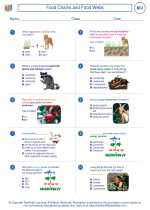
 Vocabulary/Answer key
Vocabulary/Answer key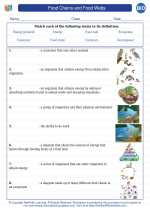
 Vocabulary/Answer key
Vocabulary/Answer key